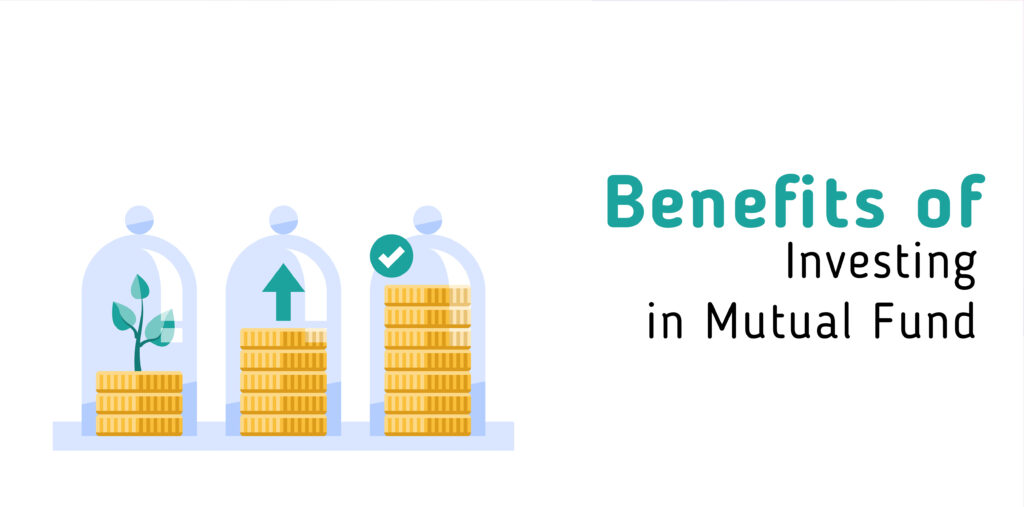The ideal approach to invest your money and get a good return over time is with a mutual fund or exchange-traded fund (ETF). While they are sometimes interrelated, regular mutual funds and exchange-traded funds, (ETFs) have some major differences in terms of wealth creation and money management.
Let’s know about the basic differences that insure that both the funds have been profitable for investors who have a certain portfolio.
Mutual Funds
Mutual funds are regular investment options that provide a comprehensive means of guidelines for investors who want to invest in the market. They are usually active funds managed by an individual or group of individuals or fund managers to fix an amount for an estimated period for returns.
They are usually classified as two types of mutual funds – 1. Open Ended 2. Close Ended.
Open Ended mutual funds are usually regulated directly between the investment and the company without any limitations of buying assets.
On the other hand, Close ended funds refer to a limited number of shares and prices are fluctuated as per the demands in the market.
Exchange-traded Funds (ETFs)
Unlike mutual funds, Exchange-traded funds are passively managed funds and the opening price can be much lower than mutual funds. With different stocks at different prices, it becomes easier for traders to trade at any amount for a shorter time frame. Also, investors get significant advantage of tax exemptions out of this fund as the transaction is in-kind for underlying assets.
Difference between Mutual Funds & ETFs
| Mutual Funds | Exchange-Traded Funds |
| Mutual Funds are actively managed funds, so it requires investors to invest directly through the company. | Exchange-Traded Funds are passively managed funds that can be used without direct payment of the investment. |
| Mutual funds have an specific initial stage investment normally Rs. 500 amount with a number of units. | ETFs usually do not comprise any initial investment criteria as one can buy a single share of an ETF at one time. |
| Mutual funds experience changes usually at the end of the day, so investors can be paid as per price of received at the same time. | ETFs usually traded throughout the day letting the investors experience the changes in the day. |
| Mutual funds can have an expense ratio through which the brokers get commission. It can be implicit or explicit. | ETFs usually don’t have implicit costs but consist of trading fees & other related charges along with the investments. |
| Mutual funds may generate higher capital gains or tax exemptions when sale is at the top. | ETFs, though lower in capital gains still gives reasonable capital gains even in lower turnover. |
Where to Invest?
There are several things to consider before you decide to invest in ETFs or Mutual Funds. These are:-
- Decide if you want to manage active or passive funds suitable for your portfolio.
- Consider your risk appetite for long-term or short-term financial investment
- Your tax efficiency goals. Based on that, you can either choose index mutual funds or passive ETFs
- Your suitable period of investment, which is either in the day or in the evening.
- Your preferable asset price where the Net Asset Value may differ based on the price of index mutual funds or actively managed mutual funds.
In conclusion, choosing the suitable investment funds depends on a lot of factors. To know more about the changing market needs, you need to keep updating yourself about the latest development or fund prices increase or decrease in the stock market funds industry. If you face any other problem, a fund manager is always there to show you are a right direction in managing your assets properly.






